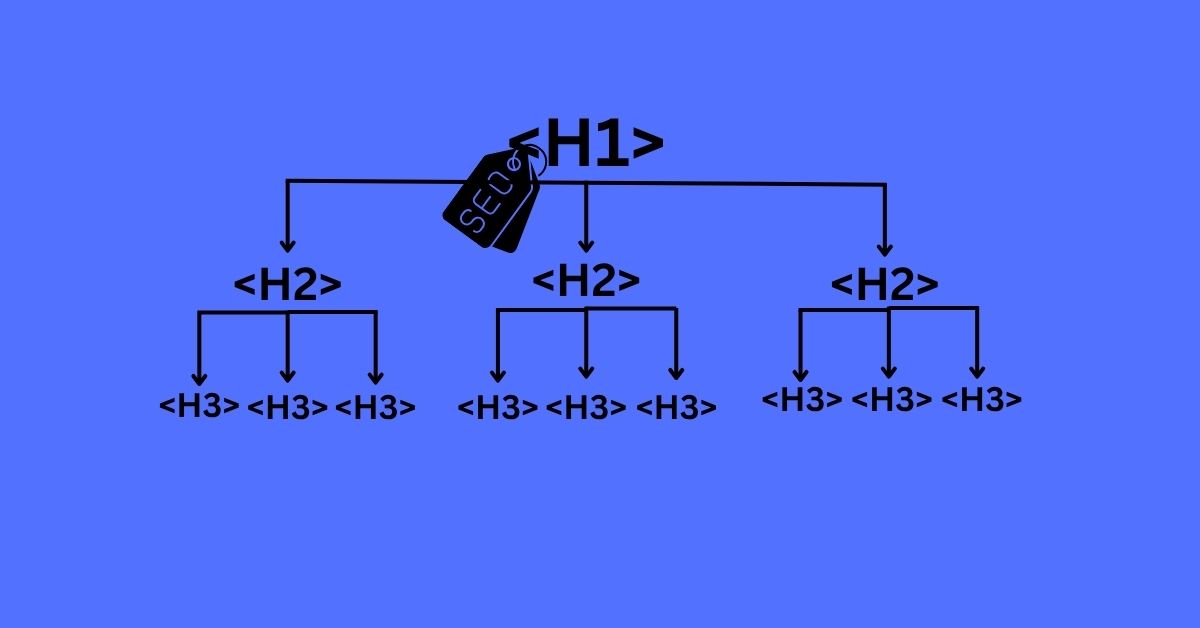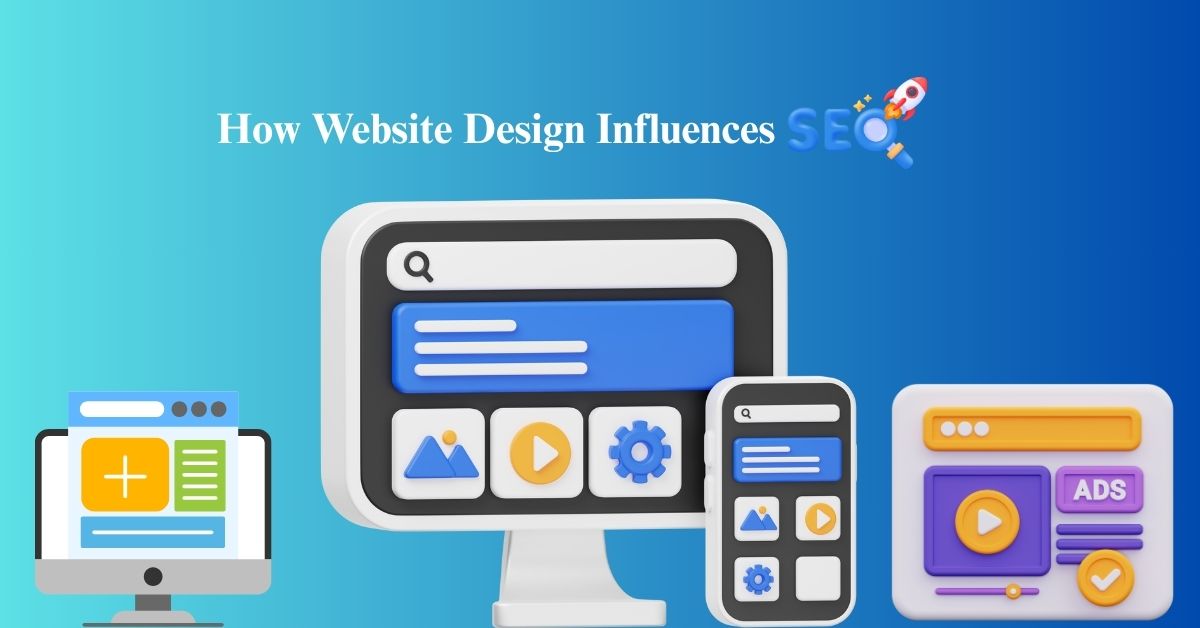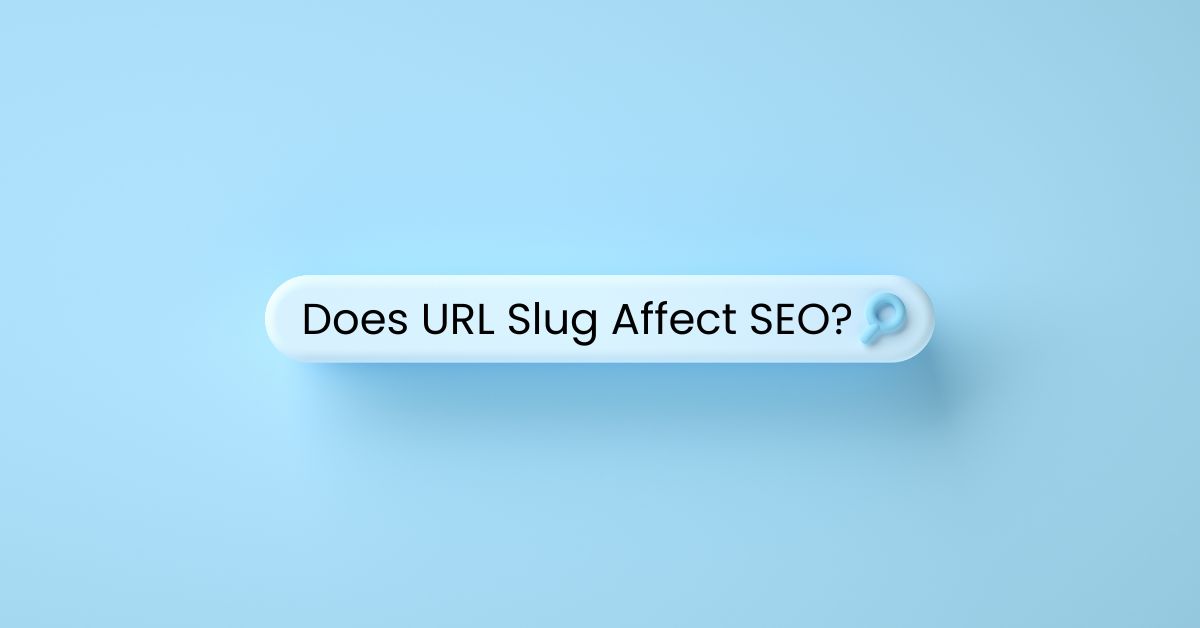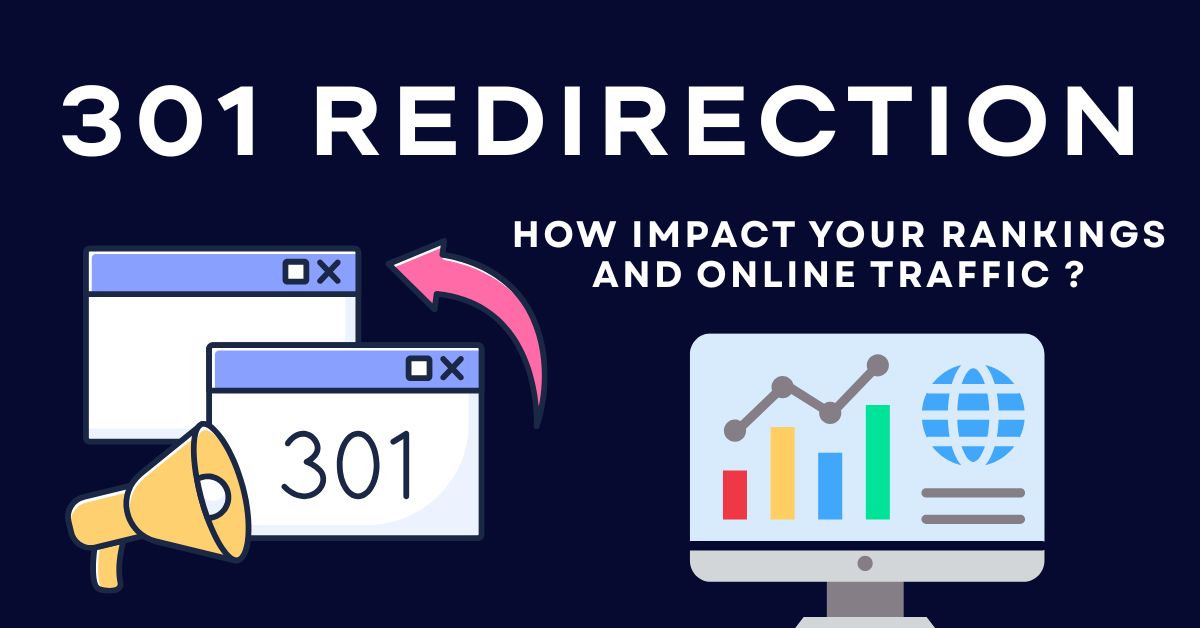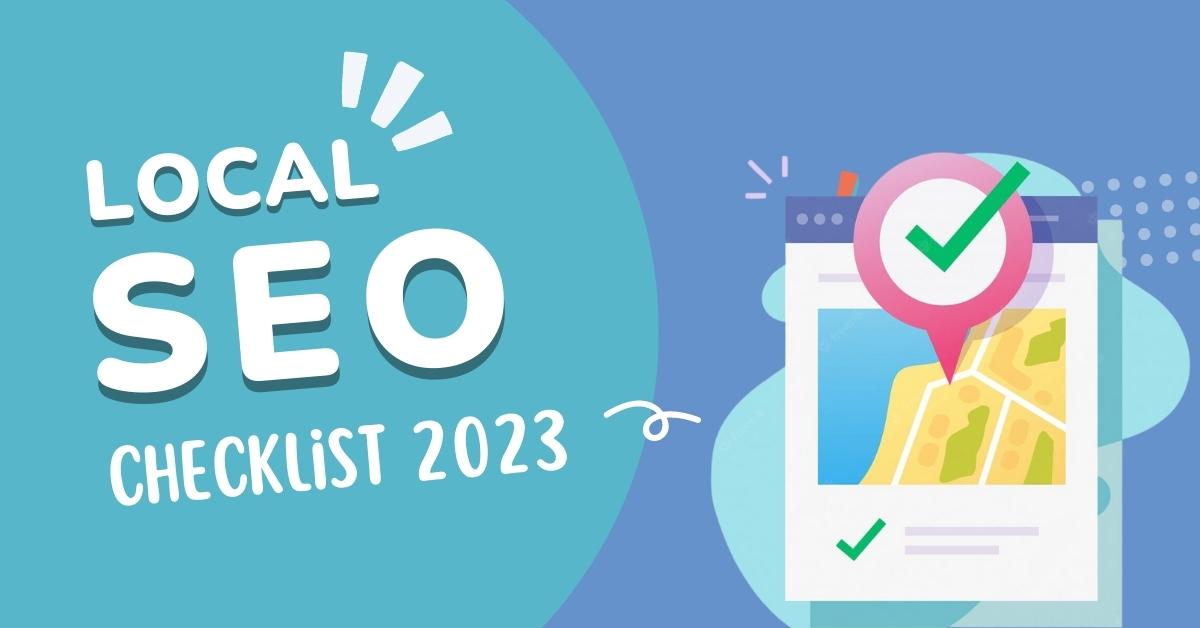
Local SEO is the first and foremost step for a business to get recognised online. In fact, nearly a third of people now search for local businesses online every day, and a staggering 50% of all searches on Google are for local information.
TABLE OF CONTENTS
- What’s Local SEO?
- Local SEO vs SEO
- How Does Local SEO Work?
- Local SEO Benefits
- Why Is Local SEO Important?
- What does it take to create an expert-level Local SEO Strategy?
- Optimise your Google Business Profile
- Add Relevant Local Keywords To Your Content
- List Your Website On High-Performing Local Directories
- Maintain Consistency In Your NAP
- Optimise Your Website
- Install Schema Markup
- Client Reviews Are A Must
- Manage Your Citations
- Level Up Your Local SEO Game & Rank Higher In Organic Searches
- FAQ’s
While this reveals how you can tap into active users online, a bunch of other stats also prove that there’s more to it. For instance,
- Local traffic accounts for nearly 70% of all website traffic.
- Almost 80% of smartphone searches for local businesses lead to an offline purchase.
- Local searches result in purchases 28% of the time, showing the clear connection between local SEO and revenue generation.
Since local SEO proves to be of immense value to businesses, it’s time to have your local SEO strategy in place. Let’s get right into everything about local SEO step by step and how you can make the most of it to keep your business thriving.
1. What’s Local SEO?
Local SEO is like a shopping guide for customers, and a partner for business owners.
Why we put it that way is because most of the offline sales happen through local search results. (It’s just psychology – we like to look anything up before buying something, like apparel or visiting a restaurant, a park or any place of interest.)
Because of the lack of time we have at our hands, we as humans tend to find out if anything is worth experiencing.
The same happens with your customers. Your presence matters because it will determine if users are interested in buying from you or not.
In simple words, Local SEO is a digital marketing strategy designed to position your website so it ranks for geographic-specific or “near me” searches. (Hence the name – local!)
2. Local SEO vs SEO
SEO is an umbrella term that includes local search optimisation.
The latter focuses on local and geographically targeted keywords. For instance, a big supermarket chain may focus on broader search terms like “grocery,” a local grocery retail shop would optimise its website for terms such as “grocery stores in Auckland.”
So, local SEO basics incorporate all the same strategies as traditional SEO, with the added geographic focus.
It’s important to note that search engines take into account the user’s geographical location when they have location services enabled. Consequently, your website is more likely to appear in local 3-pack search results and Google’s SERPs for local search terms or “near me” searches.
Nevertheless, other local SEO factors play a role in determining a user’s local results, including distance, reviews, and operating hours.
For example, a search for “mexican restaurants in Christchurch NZ” will yield different results than a “near me” search conducted one town away for “mexican restaurants.”
3. How Does Local SEO Work?
Local SEO works as a usual Google search.
When you search for something on Google, it scours its vast index to deliver the most relevant results for your query.
What makes Local SEO different is its unique set of ranking factors specifically tailored for local searches. It’s like a secret recipe Google uses to determine the order of local search results.
Local SEO practices take into account various signals to rank businesses in your area. These signals include:
- The searcher’s location: Google considers where the person is searching from, ensuring the results are geographically relevant.
- NAP citations: The consistency and accuracy of your business’s Name, Address, and Phone number across various online directories.
- Google My Business listing: The presence and optimization of your Google My Business profile, which showcases essential details about your business.
- Online reviews and sentiments: Google pays attention to the sentiment and keywords used in online reviews, which can impact your ranking.
- Check-ins and social media shares: The number of people “checking-in” at your location and sharing it on social media can boost your visibility.
- Google Maps star rating: Your business’s star rating on Google Maps plays a significant role in how prominently you appear in local search results.
5. Local SEO Benefits
Local SEO gets you noticed. Apart from that, having a robust local seo strategy 2023 benefits you in a number of ways, as shown below.
- You get the competitive edge: With local search engine optimisation, you can take a close look at your competitors and finetune your strategy.
- Increase footfall: Better local visibility results in more traffic to a physical location.
- Increased visibility on the internet: Local SEO activities like citations and link building increase your online visibility. This makes it easier for new customers to find your business.
- Target website traffic: Optimising your site for local search can deliver more targeted traffic, leading to more leads, subscriptions, signups, and sales.
- Increased calls: Optimisation of your Google Business Profile can result in more calls and in-person visits to your store.
- Higher trust level: Reputation management creates trust in the company.
- Building brand rapport: Consumers check online reviews before choosing a local business.
- Improved conversion rate: Website optimisation can increase conversion rates and contact form submissions, phone calls, email subscriptions, or sales.
5. Why Is Local SEO Important?
So, how do you know if you need local seo? While Local SEO may seem all about replacing the traditional brick-and-mortar experience, it plays a huge role in improving it.
According to NPR, 56 percent of online shoppers have reported to appreciate the in-person experience over digital retailers.
Here are some other reasons why local SEO is a must for businesses.
- Increased local visibility (over the web and in-person).
- Greater qualified traffic by focusing on local users.
- Higher conversion rates.
- Lower-cost marketing and advertising rates.
- Providing users easy access to contact your business.
- Convenient online ordering and shopping services.
6. What Does it Take to Create an Expert-level Local SEO Strategy?
Now that you know what local SEO is and how it impacts your business. It’s time to get started. Read on the 8-step local SEO checklist 2023 –
A. Optimise your Google Business Profile
Local search engine optimisation starts from Google Business profiles, where users can access necessary information about your location. It must contain information about your business, such as contact details, hours of operation, and services offered.
To make the most of your profile, ask your clients or customers to leave their reviews. Utilise Google Posts to share updates, promotions, and events. Don’t forget to add appealing visuals and ensure your profile reflects your brand identity. Maximise visibility, attract more customers, and drive success with a fully optimised Google Business Profile.
If you don’t have a Google Business profile, click here to know everything you need.
B. Add Relevant Local Keywords To Your Content
As a local business, you must identify the keywords and phrases you want to rank for in relevant searches.
But here’s the thing: you don’t want to go overboard and stuff your website content with keywords. Search engines are smart enough to detect that trickery, and it’ll only push your content further down in the search results.
Instead, incorporate keywords naturally into your content and consider using online tools to ensure you’re hitting that sweet spot of keyword optimization.
C. List Your Website On High-Performing Local Directories
Boosting your position in search results becomes easier when you submit your site to reputable local directories. Here’s why it matters:
Firstly, Google indexes these directories, giving your business a chance to appear prominently in search results—even if a specific URL on your site struggles to rank.
Secondly, getting listed can earn you valuable backlinks, enhancing your overall search performance.
Thirdly, by utilising local directories, you increase visibility to potential customers actively using them.
But remember, be selective with high-quality directories. Not all are reputable, and submitting to the wrong ones can harm your rankings.
Leverage local directories to attract customers, improve search rankings, and establish a stronger online presence.
D. Keep Your NAP Updated
To be easily discoverable by people and search engines, you need to set up a NAP.
NAP is an abbreviation for Name, Address and Phone Number, which is the basic information to make your business found. Here are some tips to get your NAP right in local seo for online business:
#1: Don’t put your NAP into an image. Unlike HTML text, search engines don’t crawl images. The most common place for NAPs is in the footer or header of your website.
#2: Always include your NAP on your “Contact Us” page.
E. Optimise Your Website
When it comes to optimising your website, there are a few key areas you’ll want to focus on. Let’s break it down:
- Voice searches: You’ve probably noticed that more people are using voice assistants to search the web. Tweak your content to match the way people speak and ask questions.
- Page speed: Low page loading speed can increase your bounce rate, thus plummeting your rankings. Make sure your site loads quickly on all devices..
- Internal linking: Internal linking creates a roadmap for your visitors and search engines. Create logical links between your pages to help users navigate through your site and search engines understand your content better.
- Correct URL structure: Try to do away with messy and confusing URLs, and keep them more descriptive that accurately represent your page content. It helps with indexing and makes it easier for users to know what they’re clicking on.
- Mobile-friendly or responsive design: With more people browsing on their phones, having a mobile-friendly or responsive website is a must. It ensures your site looks great and functions properly, no matter what device your visitors are using.
F. Install Schema Markup
Schema Markup is a code you put on your website that allows search engines to return more useful results to users. Additionally, it also helps your website rank better for all kinds of content types. There is data markup for various data types, such as:
- Article
- Local company
- Restaurant
- Product
- TV episodes
- Book review
- Event
- Movie
- Software application
A study reveals that websites with Schema Markup rank an average of 4 places higher in SERP than those who don’t.
G. Client Reviews Are A Must
The most convincing factor that leads customers to close a sale is positive review or feedback from your past customers.
Don’t shy away from asking for client reviews – reach out to your happy clients and ask them to spare a minute or two. A few kind words can impact your local business listing and also instil faith in newer prospects.
H. Manage Your Citations
Local SEO uses citations, which are mentions of your company’s NAP on external websites. They signal to Google’s local algorithm that your business is legitimate and located at the address listed on your Google My Business profile.
If Google can’t determine which information about your business is correct, your business may not appear in search results.
7. Level Up your Local SEO Game & Rank Higher in Organic Searches
Local SEO is and continues to be a reliable mechanism for businesses in getting them found and visited – adding further to foot traffic and conversions. However, local SEO must be carried out by a seasoned SEO professional to get the best results.
As for the best seo services in Auckland, we’ll help you in your local search efforts with our decade old expertise and hands-on experience with tools. At the Tech Tales, we’ve successfully assisted businesses in improving their organic traffic and overall ROI through our local seo services.
Want to get started with local SEO but not sure how? Contact us today and our experts will get right back to you!
8. FAQ’s
- How often should seo be done?
It is true that for local SEO, you should start somewhere, but it won’t be enough. Local SEO is an on-going process as local searches keep on fluctuating. To ensure better results, it’s recommended to conduct SEO audits and optimizations periodically, considering changes in algorithms, competitor strategies, and evolving industry trends.
- What are some good local seo tools I can use?
Some popular local SEO tools include Google My Business, Moz Local, Whitespark, and SEMrush. These tools help businesses manage their online presence, monitor local rankings, track citations, analyse competitors, and optimise their local SEO strategies.
- Is local SEO dead?
With businesses depending on local search results to increase foot traffic, conversions and revenue, local SEO is far from dead. It’s important to stay relevant and consistent in terms of local SEO content strategy to get expected results.

